Apple's mini app program is more than a commission tweak; it is a strategic pivot that could reshape how we use mobile software. The tech giant just announced its "Mini Apps Partner Program," offering developers a 15% commission instead of the usual 30% for lightweight experiences inside larger platforms, according to TipRanks. Big cut, bigger plan.
Here's the key difference: this is not the familiar Small Business Program. Apple describes these mini apps as "self-contained experiences built using HTML5 and JavaScript that exist within another app," as reported by The Verge. In spirit, it nods to the super app model that took off in China, only with an Apple-flavored approach that addresses regulatory pressure and untapped revenue.
Timing tells the story. With European and U.S. regulators pushing Apple to loosen App Store control and lower commissions, TipRanks notes, the company found a way to comply while creating new income. The Department of Justice antitrust suit accuses Apple of stifling super apps, platforms that offer multiple services through mini apps, The Verge explains. This program answers that critique and opens doors for business.
What exactly are mini apps, and why now?
Think of mini apps as a different route to software on your phone. Instead of downloading dozens of standalone apps that clutter your home screen, you tap into lightweight programs that live inside a host app. Fewer icons, more utility where you already spend time. Swiss Army knife, not a toolbox.
The format has thrived in China, where Tencent-owned WeChat folds in ride-hailing, food delivery, payments, and games, The Verge reports. A 2020 survey captured the grip that the ecosystem has; 95% of Chinese iPhone users would abandon their device rather than give up WeChat, 9to5Mac reveals.
For most Chinese users, WeChat is the only app they regularly open, with nearly everything else handled through mini-apps within the platform, according to the same source. Order breakfast, book a ride, pay a bill, play a quick game, all without leaving the thread you are in.
Apple's timing also tracks with the tech. HTML5 and JavaScript development lowers the barrier to entry compared with native iOS work, which can speed up innovation and give Apple more flexibility in how it structures ecosystem relationships.
The financial mechanics behind Apple's strategic shift
Developers in Apple's new program get a 15% rate instead of the standard 30%, The Verge confirms. The launch pairs with a major strategic win, a revenue agreement with Tencent that turns previously inaccessible transactions into a new billion-dollar opportunity.
After a year of negotiations, Apple will handle payments for WeChat mini games and apps while taking a 15% commission, 9to5Mac details. This rate, while lower than Apple's typical 30%, opens an entirely new revenue stream that could be worth billions of dollars, the same source indicates.
The baseline matters. Previously, purchases made through WeChat's mini-apps did not generate commissions for Apple at all, as most creators directed users to external payment systems, 9to5Mac explains. Going from zero to 15% is pure revenue expansion rather than margin compression.
It is a sign that Apple is learning to capture value from ecosystems that operate differently from traditional app distribution, especially in markets where super apps dominate user behavior.
Regulatory pressure drives strategic innovation
Apple's commission evolution seems to be a response to global regulatory pressure that is reshaping its business model. The UK Competition Appeal Tribunal recently ruled that Apple abused its dominant position by charging excessive App Store commissions.
The court's analysis went further: the tribunal determined fair rates should be 17.5% for distribution and 10% for payment services, according to the same source. That implies Apple's 30% rate exceeded fair pricing by a wide margin. The tribunal's decision could cost Apple up to $2.6 billion in damages, the ruling indicates.
Across the Channel, the European Union's Digital Markets Act pushed Apple to offer alternative business terms, reducing commission rates from 30% to 20% for developers who enrolled in March 2024, Apple's own study reveals. Apple's commissioned research, which analyzed more than 41 million transactions across 21,000 products, found that despite an average 10 percentage point decrease in commission rates, developers kept prices the same or raised them on 91% of products, the study shows.
The pattern is clear: Apple is working within new constraints while protecting revenue growth. More than 86% of the €20.1 million in commission savings went to developers outside the EU, MacRumors reports, which suggests the intended consumer benefits may not arrive where regulators expect.
What this means for the broader mobile ecosystem
Apple's mini app program points to a shift toward platform-centric, not app-centric, mobile experiences. Instead of managing a forest of icons, you might use a few major platforms that host many lightweight programs.
For developers, the 15% rate plus HTML5 and JavaScript lowers both financial and technical hurdles. You can ship web-based experiences that feel close to native without mastering new frameworks or navigating as many store rules.
For users, the experience can feel lighter. Skip the hunt through pages of rarely used apps. Need a reservation, a ride, or a quick game while you wait? Open a platform you already use and tap a mini app.
The ripple effects could be broad. Platform holders like Discord, social networks, and productivity suites could evolve into full ecosystems, each with its own catalog of mini apps. That changes the competitive game; platform quality and mini app selection become the draw.
And if Apple's strategy lands, rivals will not ignore it. Google, Microsoft, and others could roll out their own versions with different fees and tech requirements, accelerating the move toward super app architectures.
The strategic road ahead for Apple's ecosystem evolution
This mini app initiative is Apple's most notable adaptation to regulatory pressure, which also creates growth. The 15% commission acknowledges market reality while opening revenue that used to be out of reach, particularly in places where super apps rule.
Success hinges on two bets: developers must see value in simpler tooling and lower fees, and users must accept accessing services through mini apps instead of familiar standalone downloads. Will iOS users change old habits, or stick with the grid of apps? That is the test.
There is a strategic through line. Apple addresses antitrust concerns about stifling super apps while preserving ecosystem control and inventing new ways to get paid that do not depend on the traditional 30% model.
Looking ahead, expect a more flexible, multi-tier approach to App Store economics. Apple is learning to optimize revenue across different behaviors and market structures, not just one fee for all.
The mini app model could reset mobile development by making it easier for small teams to ship and for large platforms to extend what they do. Whether it delivers better outcomes for users comes down to execution, but it is one of the most significant shifts in App Store policy since launch, and a clear glimpse at where mobile software distribution is headed.







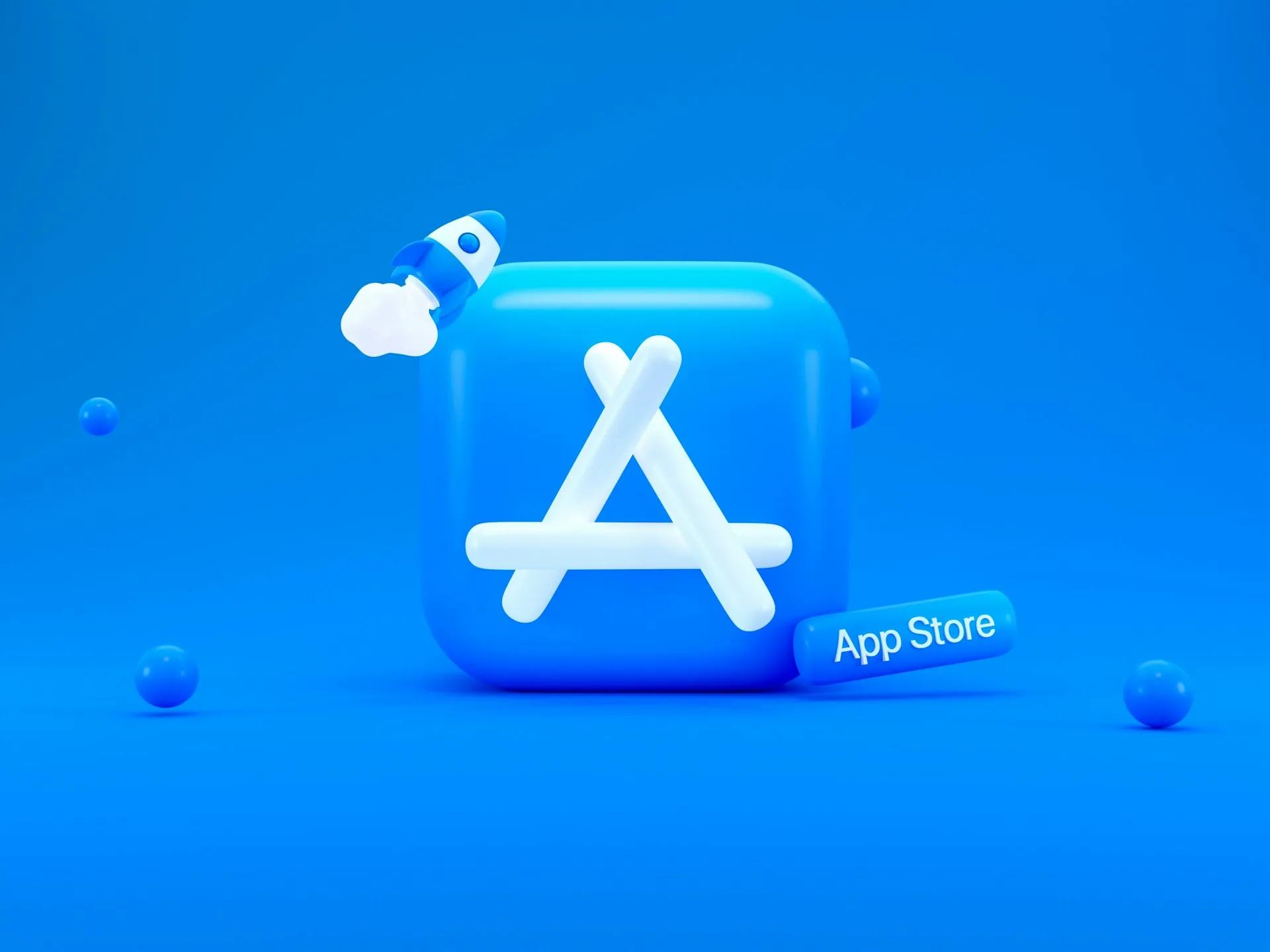


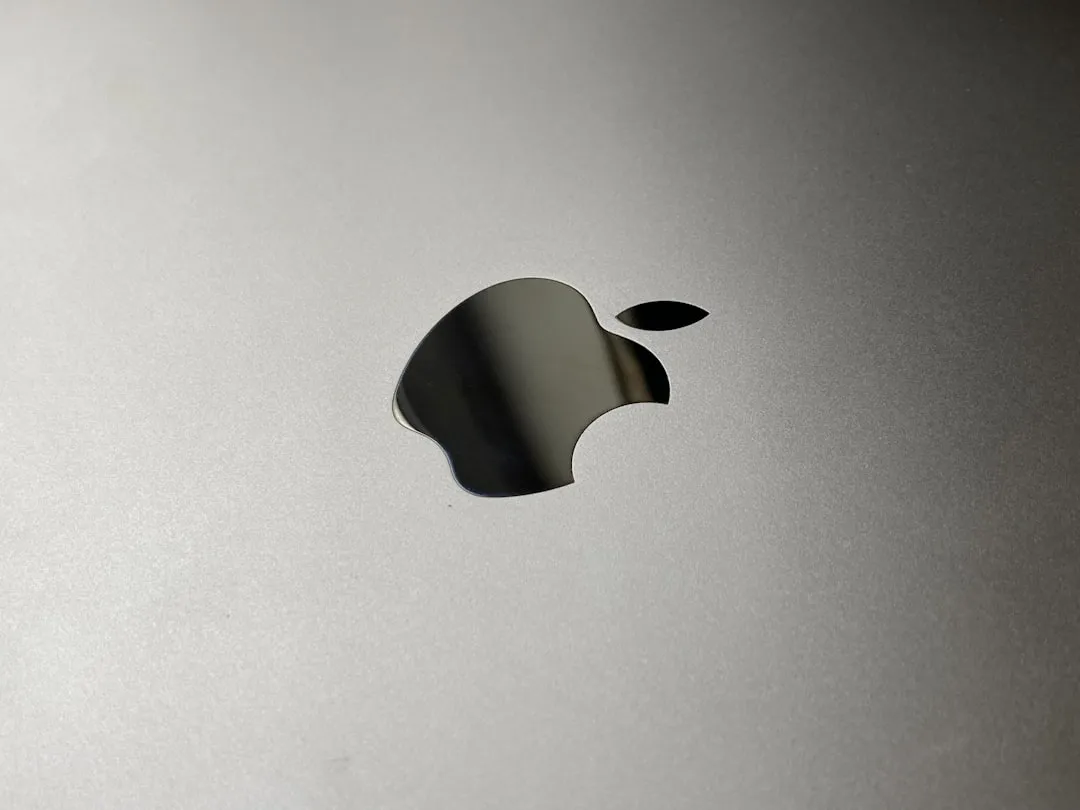

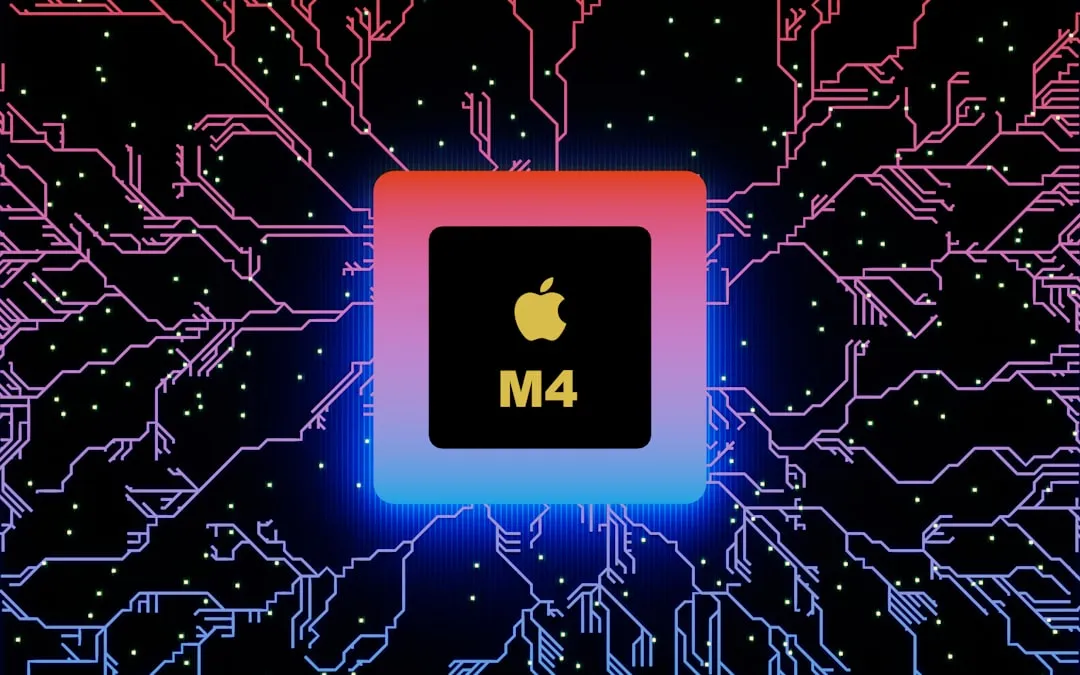






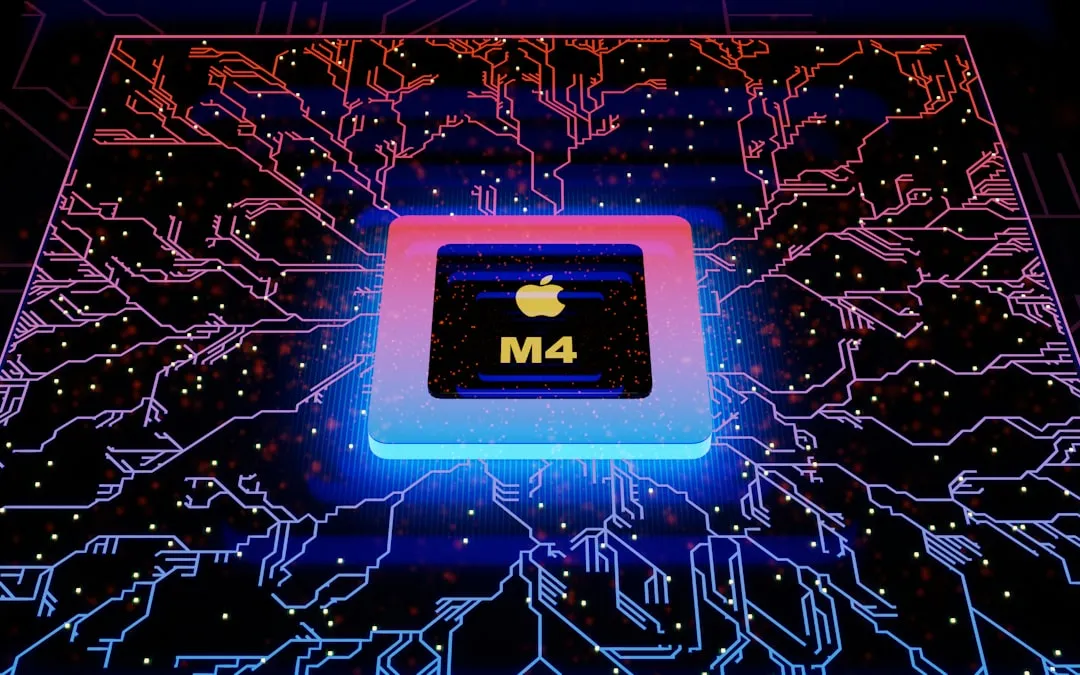


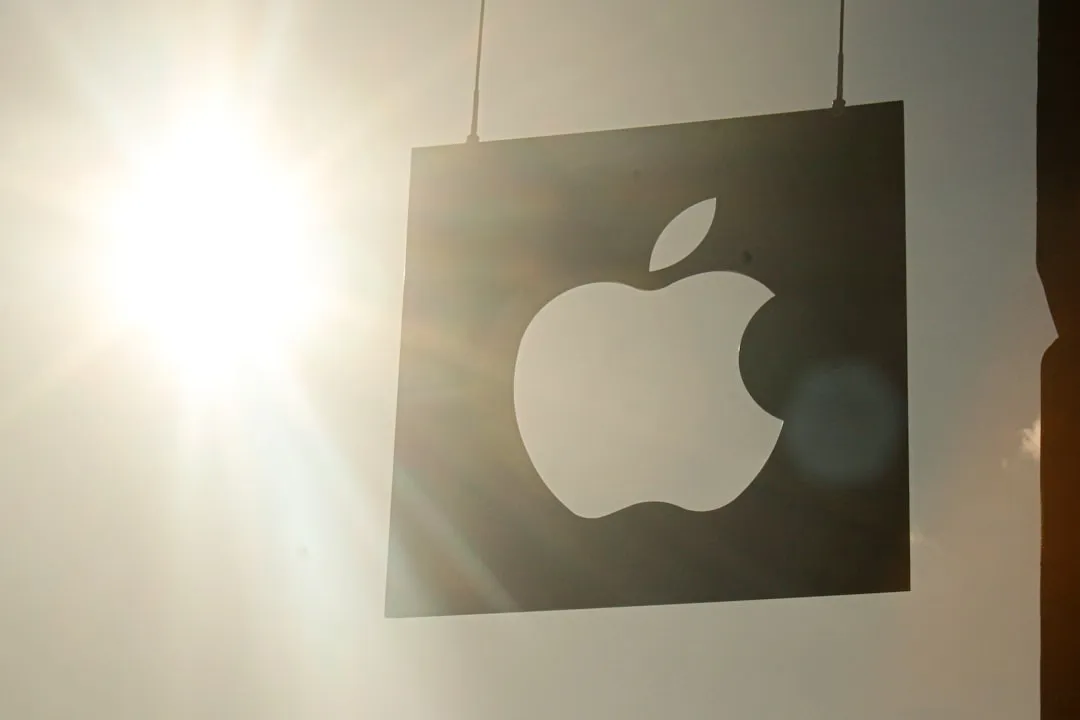
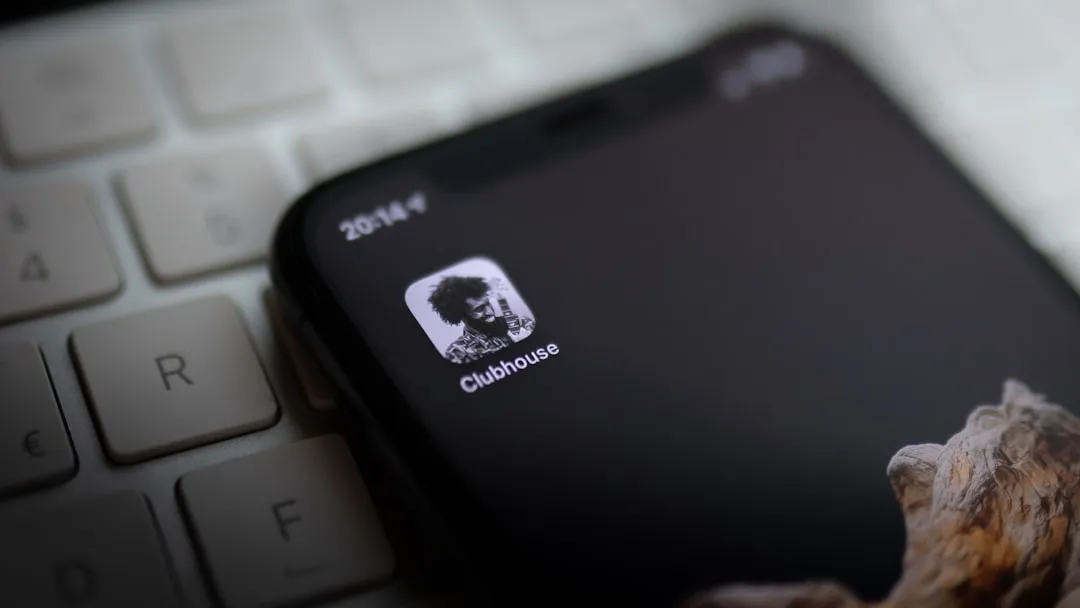


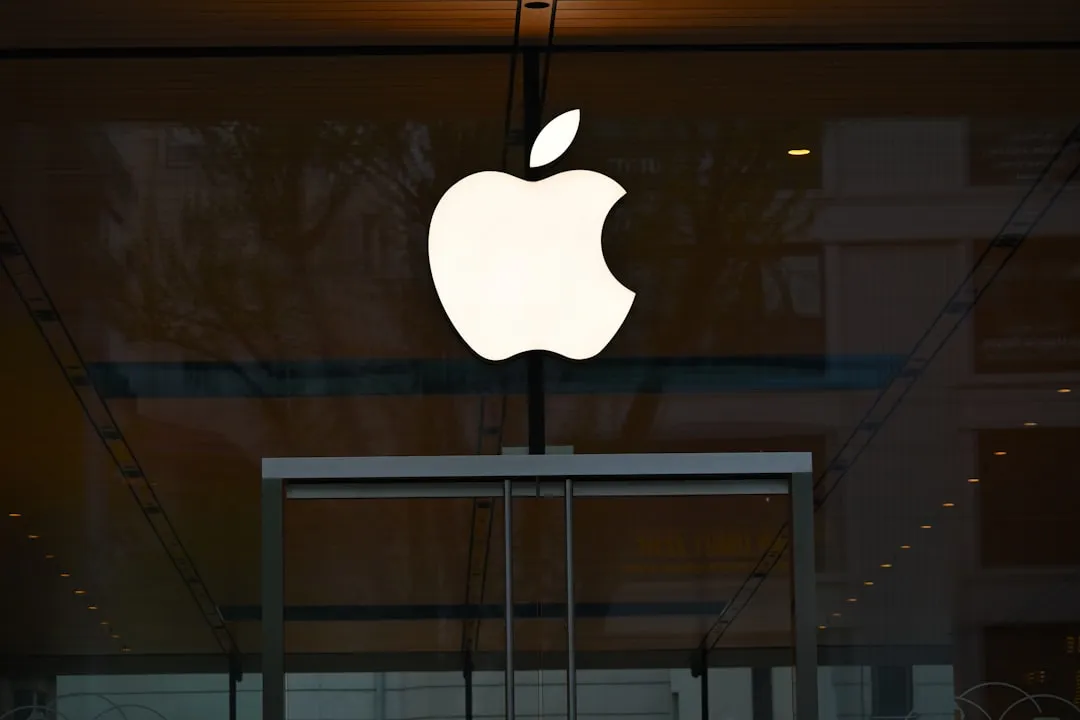

Comments
Be the first, drop a comment!